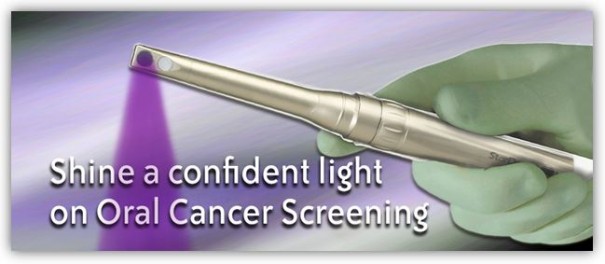

Did you know that a person will die every hour of every day from oral cancer? Oral Cancer is the sixth most common cancer worldwide.
Who is more prone to oral cancer?
Oral cancer usually occurs in people over the age of 40 at the time of diagnosis. However, these days it is occurring more frequently under that age due to the Human Papilloma Virus 16 (HPV16). This is the same virus that also causes Cervical Cancer. While men were 6 times more than women few decades ago, the ratio is more like 2 men for each woman.
What are the risk factors?
Though the actual cause of oral cancer is being still debated, there are certain activities that do raise the risk of developing oral cancer. These include heavy alcohol consumption, tobacco use (including smokeless tobacco), human papilloma virus and excessive sun exposure.
What are the possible signs and symptoms?
Oral cancer usually goes unnoticed in the initial stages as in many cases there is no associated pain. However some of the signs and symptoms are as follows:
1. An ulcer or sore on the lip or in the mouth that does not heal within 14 days.
2. A lump in the head, neck or mouth
3. A red or white patch on the lips or in the mouth
4. Unusual numbness or pain in the mouth
5. Difficulty chewing, swallowing or opening the mouth
6. Tooth loosening
7. Numbness in the face
How is Oral Cancer diagnosed?
At Comfort Plus, as part of providing best dental care to our patients, we are equipped with latest technology to screen Oral Cancer. Dr. Gutti will screen for oral cancer during regular dental examinations. Our practice uses Identafi Oral Cancer Screening System which uses Multi-Spectral Fluorescence and Reflectance technology to enhance visualization of oral tissue. This makes detection of abnormalities that are unseen by the naked eye possible. Identafi is quick and pain-free. The key to oral cancer like any other kind of cancer is EARLY DETECTION.
What is the treatment for oral cancer?
After a definitive diagnosis, oral cancer is usually treated with a multidisciplinary approach involving surgery, chemotherapy, radiation therapy. The patient may also need guidance from a nutritionist also during and after the treatment.
#oral-cancer-screening-birmingham-al





